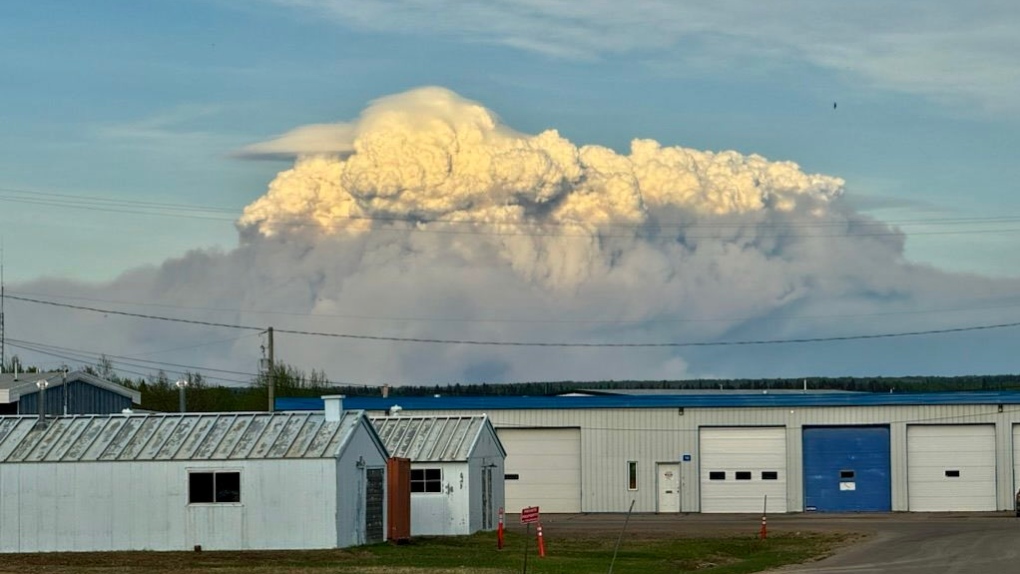foresterab
Full Member
- Reaction score
- 301
- Points
- 760
Lots of areas I'd like to see prescribed burns into but there are also lots of areas where the risks are just too high. It's a bit like live fire rifle training....some areas are great but complex urban environments may not be the best locations. Or you end up with a very specialized force doing training in a pre-set area made safe hoping they never have to use the skill set (thinking police SWAT/JTF type training). Most of us...we're going to break some windows best case and maybe a few buildings...How dare you inject “facts” and “reason” into an internet discussion!
It is tough though and when considering First Nation burning practices there are no simple answers. Each community has it's own traditions and usage for burning with each purpose used at different times of the year such as:
-opening up meadows for access
-wildlife control (burning a meadow in spring to burn up ticks from moose)
- grass/prairie recovery
- promote new shoots for animal feed
- killing trees for firewood/tipi poles
- war. Has been used to eliminate opposing forces
- animal drives/buffalo jumps.
That list includes both prairie and woodland communities and as you move around the country the usage changes again. I don't know much of the interior British Columbia or coast BC traditions let alone the NWT groups or Northern SK/MB. Then add in how many different groups used overlapping areas/trading corridors and it gets really complex to manage....but not impossible.
Australia...who also have some of the same challenges on complexity have started doing a lot more of what their Aboriginies call "Cold Burning" or burning in the shoulder/winter seasons. Some US States are excellent...Florida for example is a main training school for much of the US and some other countries.
But it all starts small...and slowly build in the acceptance locally...and a burn not completed due to unsafe conditions is still valid planning.





